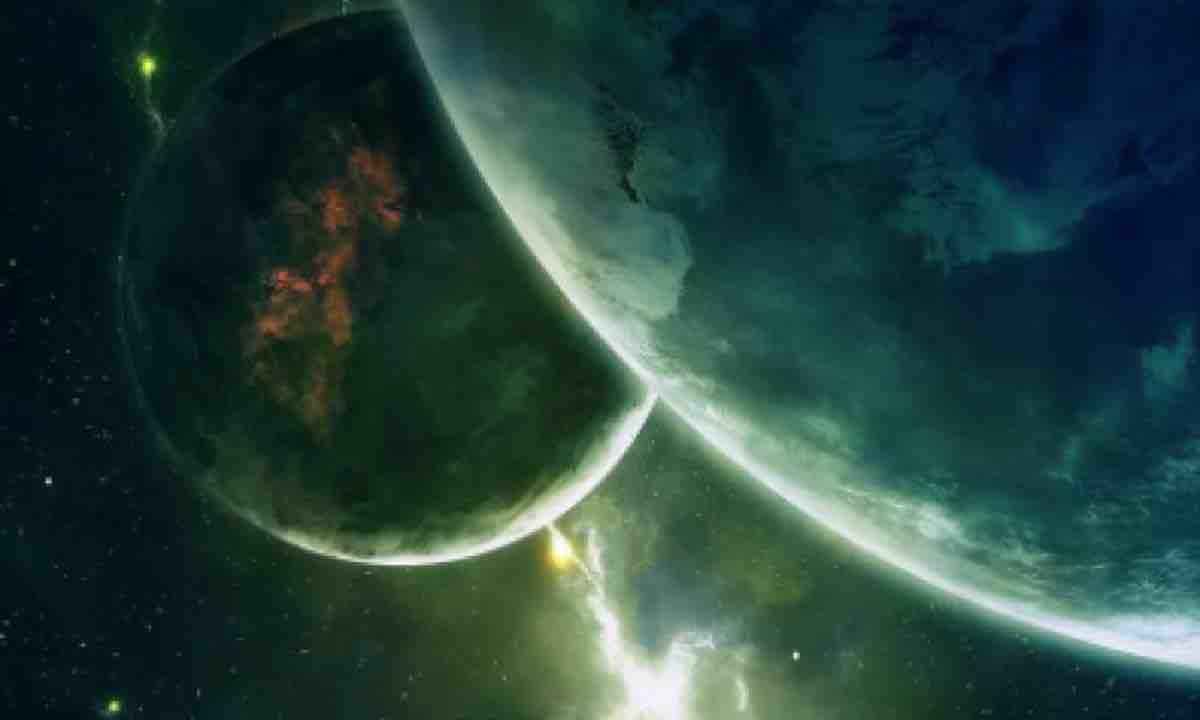Utopia by its very definition cannot exist: it is described as ‘imaginary.’ Perfection is wholly impossible, and so ‘Dystopia’ fulfills our need to examine how the world—and ultimately our world—came to be. When we use either of these terms, at bottom we are talking about civilizations, with all their complexities and moving parts.
The obscure historian / philosopher Oswald Spengler mused in great detail how civilizations emerge from a new culture. To him it is an almost organic process. From a seed (the new idea), they grow, they flower, they flourish; and then, they merely persist in a state of long decline. Dystopia more often than not describes that very same unraveling.
At best, utopian or dystopian worlds are more often than not a matter of perspective, and often a matter of ‘haves’ and ‘have nots.’ Who’s to say that flesh-hungry mutants wandering about in post-apocalyptic wasteland aren’t having the time of their lives? One mutant’s utopia is another’s dystopia… well, you get the picture.
The particulars of the civilization built in the ‘Seven Sisters’ series are largely specific to humankind’s leaving earth and its solar system over the course of a thousand years. There are several noticeable differences from our usual timeline:
’Tis the Royal Navy that holds the 1,500 year old Kingdom together with all its archaic rites and language. There are no computers, transistors or printed circuits. There is no television, nor video. Fusion has been perfected and miniaturized: energy is in abundance and turns all steam turbines. Gravity is humankind’s constant companion, and traveling at relativistic speed wrecks havoc on the natural life spans.
Book One, ‘The Ship’, introduces the reader to the social underpinnings of this moribund society: its bloated bureaucracy and class divisions. In Book Two, ‘Null Space’, it’s the Royal Corps of Engineers and the Royal Corps of Botanists who keep things running. By Book Three, ‘Homeport’, the civilization is beginning to crumble, as threats from within and without manifest. Book Four finds Milo York and his crew of eccentrics journeying to the Lost Colony. Others have made the voyage but none ever returned. The Fifth Sister holds a dark secret that could bring down the entire kingdom… All aboard an old gimbal ship to face the perils of the aether, sabotage, and the dreaded Royal Geographic Service.



